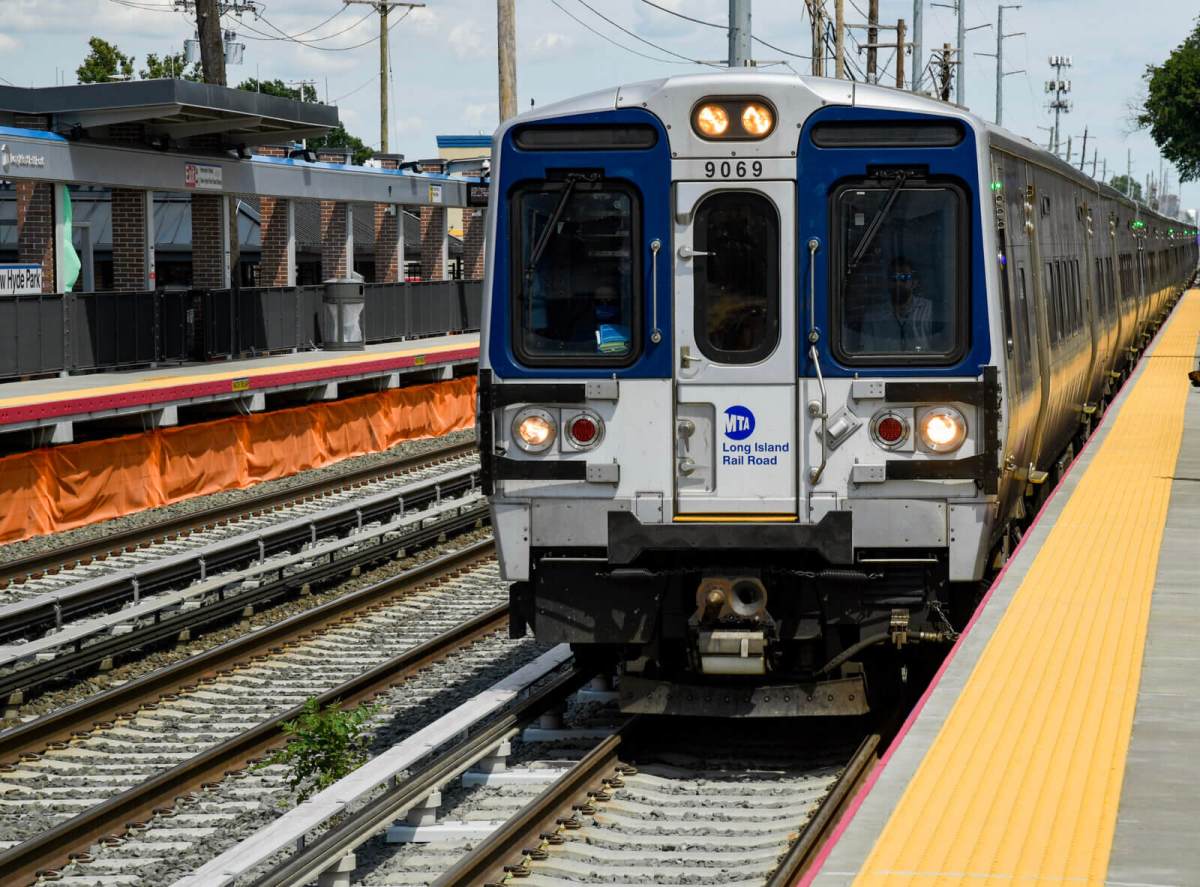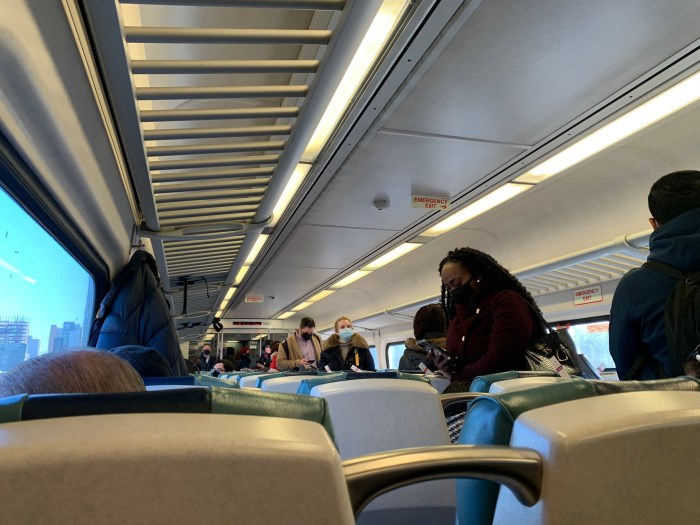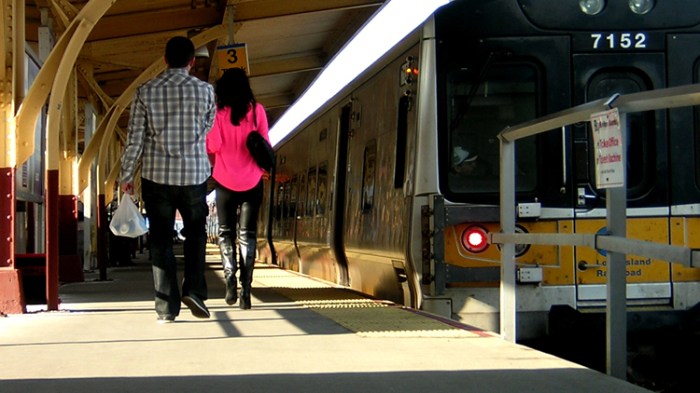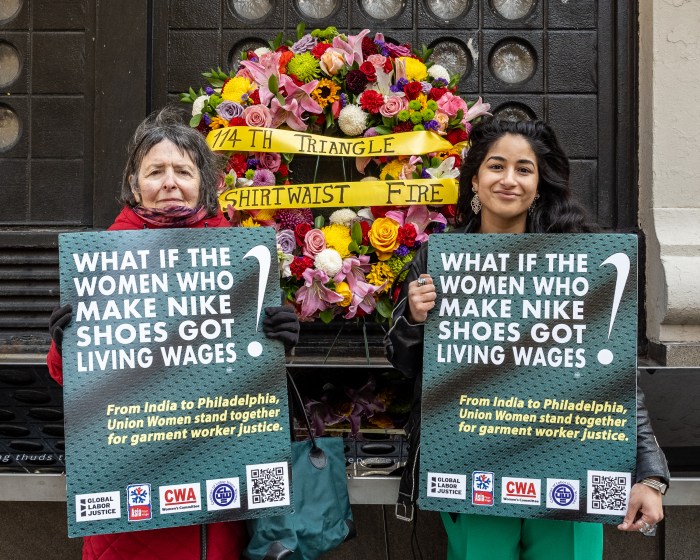LIRR Electricians Union Sues MTA Over Marijuana Testing Policy
The International Brotherhood of Electrical Workers 589 is challenging a longstanding Metropolitan Transportation Authority (MTA)-Long Island Rail Road (LIRR) policy that subjects workers to drug tests that the union claims are unconstitutional.
IBEW Local 589 and its member Ronald Dolginko have filed a $6 million lawsuit against the MTA-LIRR after Dolginko was suspended for six months, unpaid, when his return-to-work drug test came back positive for marijuana.
LIRR workers returning from an extended sick leave or vacation are mandated by the MTA to be drug tested. If they test positive for marijuana, they have the option to go to trial – where they would likely be found guilty of violating the company’s zero-tolerance policy for marijuana – or sign a trial waiver and return to work after six months. Dolginko has refused to do either, instead opting to retire in 2022 after 25 years at the LIRR and suing his former employer with the backing of his union.
“They’ve had this policy about 20 years, and we’ve always had issues with it,” said Ricardo Sanchez, general chairman of IBEW Local 589. “Now [marijuana] becomes legal [in New York], and [the MTA is] disciplining them for activity outside of their work, which [we believe] is illegal.”
The MTA has claimed that the zero-tolerance marijuana policy is in place to protect workers’ safety when operating or repairing train equipment.
However, the lawsuit claims that applying this policy to “non-safety sensitive workers” is illegal, and that Dolginko is one of those workers. It also claims that administering a test that does not determine whether a worker was impaired while on the job, but rather what an individual did in the past while they were on leave from work, is illegal under new laws legalizing recreational marijuana.
The lawsuit alleges that the MTA continues to “mandate the Marijuana Metabolite test solely to impose social policies; not to promote safety in the workplace.”
The MTA has filed a motion to dismiss the suit, claiming that the union gave consent to the terms of the drug tests.
The lawsuit seeks lost wages and damages for Dolginko’s work suspension.

































